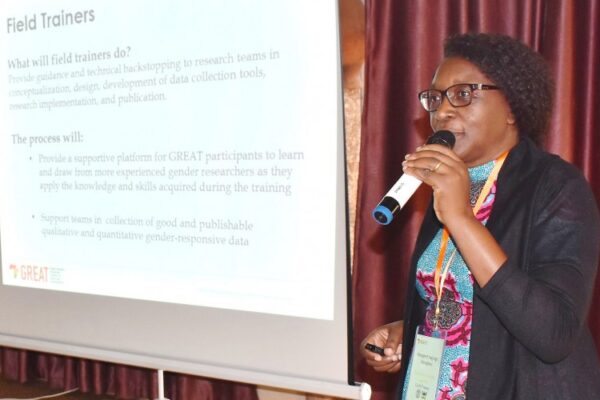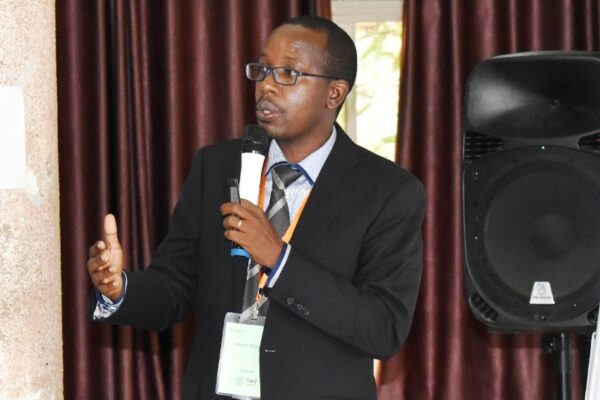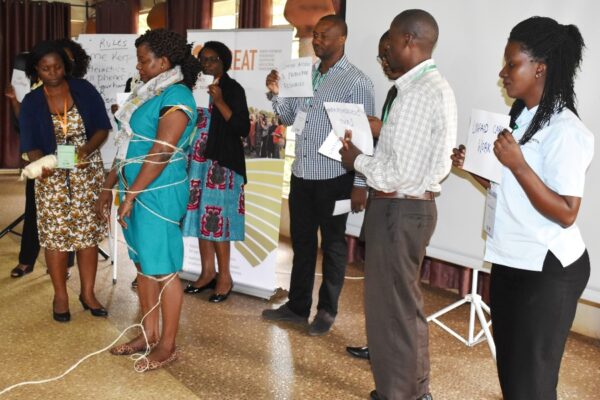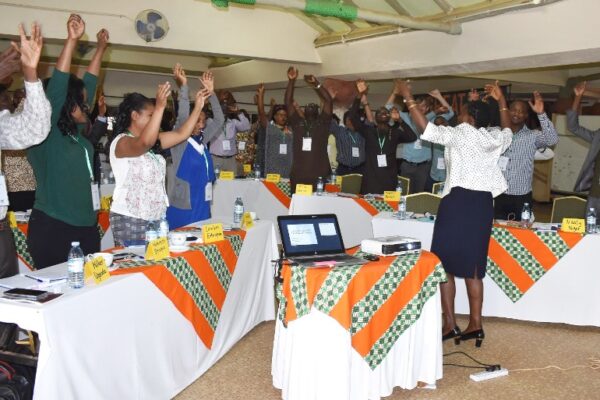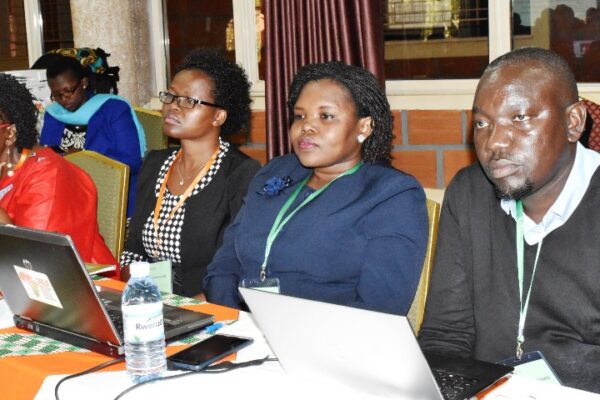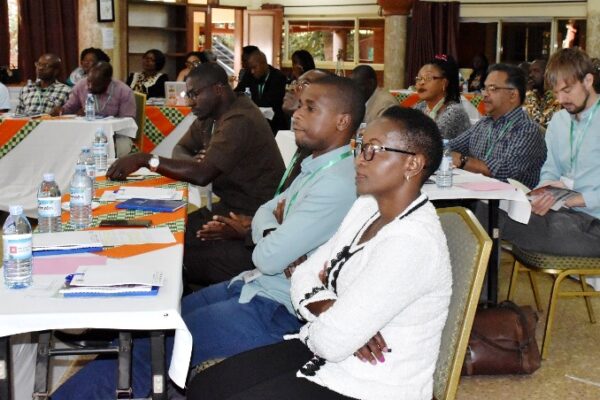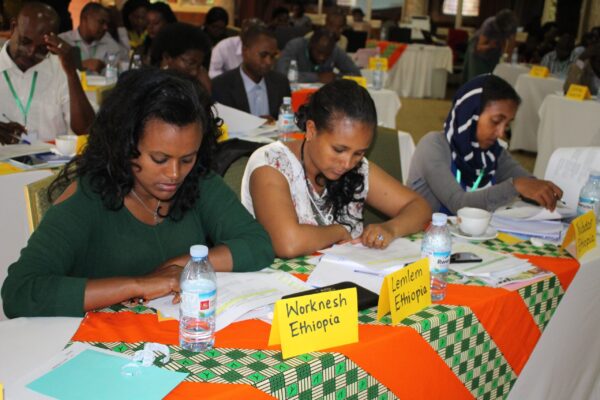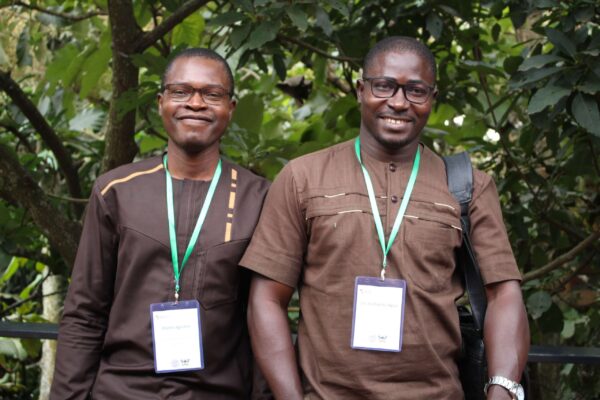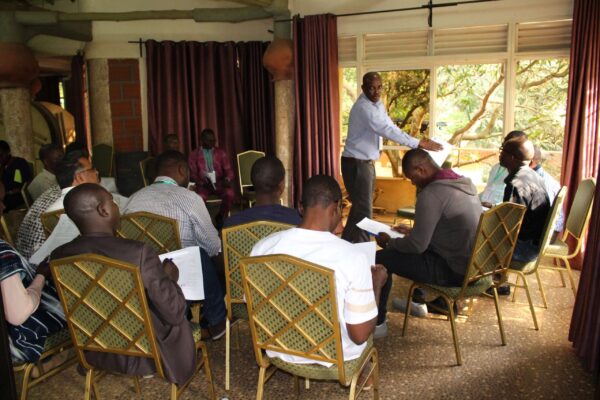Gender-Responsive Plant Breeding Course
New crops, new places.
For our fourth cohort course we opened up to any crop, and to new geographies. After three cohort courses focused on specific value chains, this GREAT course connected researchers from across crops and value chains, allowing researchers to discover how to understand gender dynamics in all new ways. We’re excited to grow our impact to new audiences, and to expand our reach to new countries and continents. Through a rigorous, three-part course we equip participants with applied theory and hands-on skills to incorporate gender-responsive research into existing projects, and backstop this with dedicated field trainer support.
Sponsored by
The Bill & Melinda Gates Foundation
Course biobook
Learn more
Connect with our team for more information about courses.
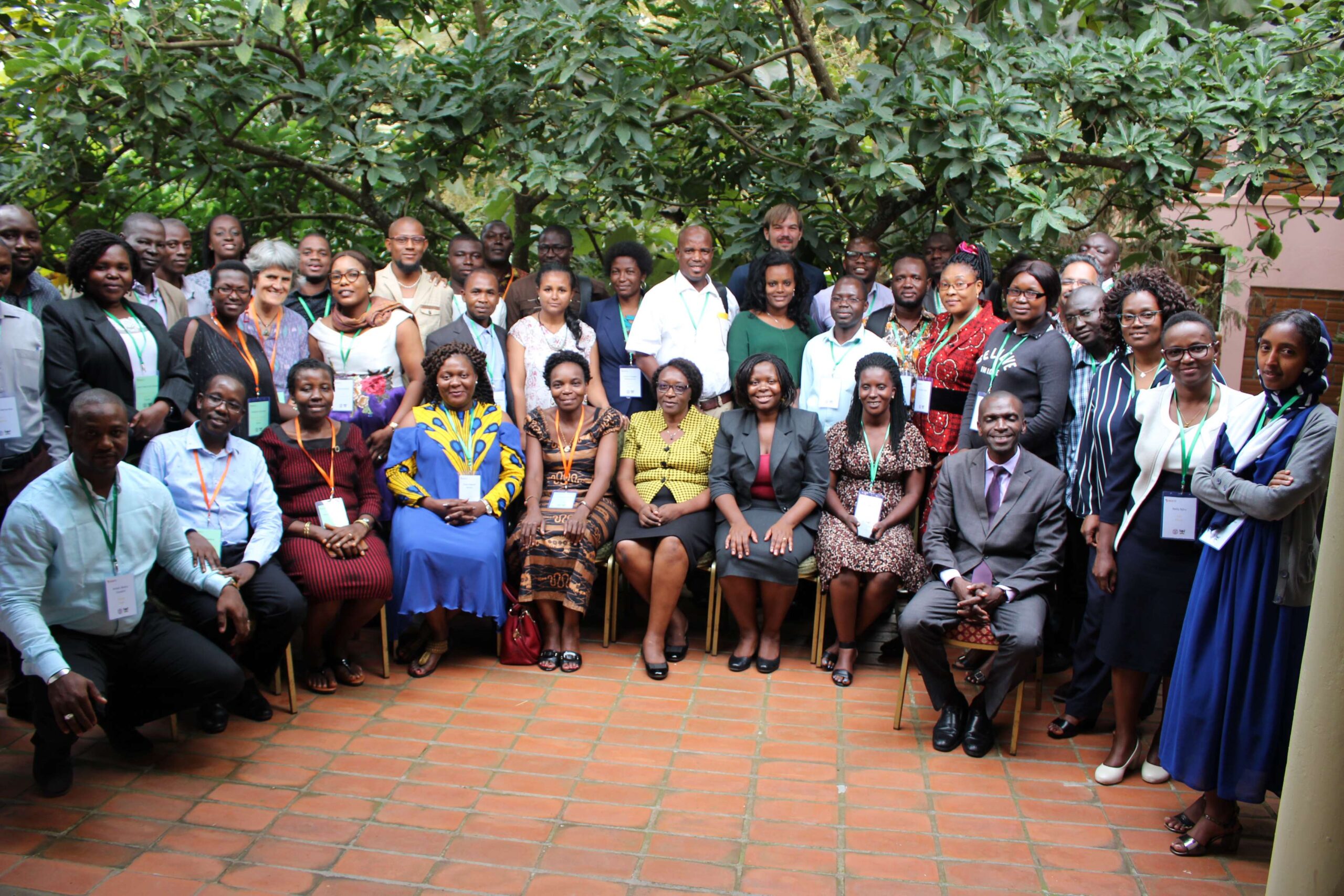
Course Objectives
GREAT combines theory and practice into a dynamic package, ensuring that learning is practical, grounded and applied. To do this, our cohort courses are split into three parts:
Part One
Week 1 Training: Makerere University
Gender-responsive research design:
1. Self realization, conceptual clarity, and interdisciplinarity
2. Methodology: qualitative and quantitative
3. Research question and case study
4. Impact assessment and participatory methods
Part Two
Field Work Phase: Participant Field Sites
Gender-responsive research application
5. Research planning and field data collection
Part Three
Week 2 Training: Makerere University
Gender-responsive research analysis; gender-responsive research communication; gender-responsive research community building
6. Data analysis and reporting
7. Communication to policymakers and the communities
8. Institutional transformation
9. Community of Practice
DESIGNED BY
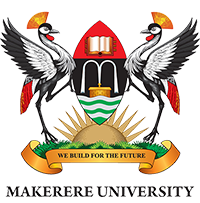

COURSE PARTICIPANTS
Enhancing Kersting’s groundnut (Macrotyloma geocarpum) production and marketability in Benin (Projet Doyiwé)
The project aims to establish the availability of quality Kersting’s groundnut (KG) grains in rural and urban markets in Benin. Overall the project will provide Knowledge on stakeholder structure among the value chain (market characteristics, preference criteria) and select improved cultivars to meet their demand, also the project will establish a contractfarming to boost marketability of produces.
Donor: The Netherlands Organisation for Scientific Research (NWO)
Determinants of Haricot Beans Commercialization by Smallholder Farmers in the Western Highlands of Cameroon
Cowpea (Vigna unguiculata L. Walp) is a multipurpose crop grown in the Sudano-sahelian zone of Cameroon for its grains and leaves which contribute to food security. It is second in importance after groundnut in West and Central Africa (Singh et al., 2004). In Cameroon, cowpea is the third most important legume after groundnut and common bean (Taffouo et al., 2004). Despite the high yields potentials of cowpea and its ability to withstand poor conditions, yields at famers’ level is still low. Past work led to the released of several improved varieties. However, only few of these varieties were taken up by farmers, which raised questions on how the adoption of improved bean varieties could be enhanced. Therefore, for an equitable uptake of improved cowpea varieties, gender issues need to be identified and examined to inform breeding activities for gender-responsive new varieties.
Donor: The Pan-Africa Bean Research Alliance (PABRA)
Delivering Genetic Gain in Wheat (DGGW), Ethiopia
The project develops varieties that incorporate climate resiliency as well as improved disease resistance. DGGW project mainly focuses on delivering genetic gains in terms of mitigating serious threats to wheat brought about by climate change, developing new strains of heat-tolerant wheat, developing rust and disease resistant, monitoring spread of stem rust and other wind borne wheat diseases.
Donor: The Bill & Melinda Gates Foundation
Development of Rainy-Season Tomato Varieties for the Guinea Savannah Agro-Ecological Zone of Ghana
The primary objective of this project is to characterize and assess genotypic variability for fruit yield and other agronomic traits among tomato accessions under rainfed conditions. The main expectation of this project is to identify and select desirable rainy-season tomato accessions for promotion and initiation of specific varietal development programs.
Donor: CSIR-Savanna Agricultural Research Institute
PIL – Gender and Fodder Seed Systems / CGIAR Excellence in Breeding Platform
A project on gender dimensions of fodder technology adoption in EA which aimed to investigate gendered considerations in the demand for, and uptake of, innovative fodder solutions: developed an understanding of the gendered fodder dissemination pathways; informed forage researchers/ breeders of the outcomes of the research in order to guide future improvements. Excellence in Breeding Platform, Module 1 is the Product (Varieties) Design and Management Module. The primary objective is to guide CGIAR Breeding programs on how to design market driven crop varieties so as to increase the rate of released varieties adoption. And increase the rate of replacing old varieties.
Donor: The International Livestock Research Institute (ILRI) / The CGIAR Excellence in Breeding Platform
Mechanized Mungbean Harvesting in Bangladesh, Myanmar, and Pakistan
The project’s aims are to establish and validate a practical and economically viable system to mechanically harvest mungbeans; develop a package of cropping practices to facilitate mechanical mungbean harvesting, including safe and effective use of crop desiccants; develop and evaluate adapted combine harvesters for use with mungbeans; and to evaluate likely impacts of change in harvesting practices on livelihoods of women.
Donor: The Australian Centre for International Agricultural Research (ACIAR)
Promotion of production, conservation, utilization and commercialization of African Indigenous vegetables in Malawi
The project’s objectives are to establish diversity of Amaranthus in Malawi; to characterize amaranthus at agro-morphology level; and to characterize amaranthus at molecular genetic level. Outputs include: phenotypic data available for preliminary breeding; molecular data produced and accessed by breeders.
Donor: The Norwegian Government
“Bani Bani“ – Developing StrigaTolerant Sorghum Genotypes
The main objective is to develop striga tolerant sorghum genotypes for poor farmers by using documented striga resistant lines and a local one from Niger.
Donor: The United States Agency for International Development (USAID)
Understanding Consumer Cassava Preferences in Sierra Leone / NextGen Cassava
In Sierra Leone, cultivated and processed varieties/ genotypes of cassava comprise: white or cream/light yellow roots and high dry matter content developed by IITA, SLARI and other research partners, but information on consumer acceptability and preference for each product of those cassava varieties is limited. Therefore, the project aims to identify the key processors involved in cassava product(s) production, determine the most CD and efficient varieties/genotypes for processing each of these products (boiled roots, gari, cassava flour, fufu and starch), and the most preferred product (s) by consumers (men, women and children) in Sierra Leone. Hence, this will enhance breeders’ ability to breed/ develop high-yielding cassava varieties/genotypes with processor-preferred traits, and end-use preferences in Sierra Leone.
Donor: The Bill & Melinda Gates Foundation / The Government of Sierra Leone
Delivering Genetic Gain in Wheat (DGGW) / Tanzania
Stem and stripe rusts have been contributing to the low productivity of the wheat crop while the demands of the wheat products is increasing rapidly due to the change in food preferences, high rate of urbanization and increase in income especially in towns and cities.
Donor: The Bill & Melinda Gates Foundation
Improving Sorghum Adaptation in West Africa with a GenomicsEnabled Breeding Network
The project aims to select high yield potential varieties adapted to the different agro-ecological zones of the country based on constraints of production and varietal preferences identification. At the end of the project, new high yielding lines will be available and adopted by farmers.
Donor: The United States Agency for International Development (USAID)
Improving Bean Production and Marketing in Africa (IBPMA) and Technologies for African Agricultural Transformation (TAAT)
The project’s objective is to identify the processes and mechanisms that both enable and inhibit gender considerations in the Ugandan breeding program. To achieve this the project’s anticipated output is a gender-responsive breeding program that contributes to increased bean productivity and income for men and female farmers. The desired outcomes are inclusive farming system, food and nutrition security and increased livelihood benefits for households.
Donor: Global Affairs Canada / The African Development Bank
Development of a Gender-Responsive Commercial Seed System for Indigenous Vegetables in Uganda
The project’s goal is to establish a gender-responsive, functional African indigenous vegetable (AIV) seed system in Uganda, which will enhance uptake and utilization of AIV seed and related innovations for sustainable production of indigenous vegetables. The main outputs are enhanced capacity for production of AIV quality seeds in women and youth groups, and increased decision-making among women / youth in the value chain.
Donor: The Government of the Netherlands
Wheat Breeding in Zimbabwe
The objective of the project is to increase wheat production and productivity through the engagement of multi-stakeholder approach as well as involving communities in gender responsive wheat breeding activities at farmer level. The expected outputs are; sustainable wheat research and production among smallholder farmers in Zimbabwe and improved livelihoods through gender based community projects.
Donor: The African Development Bank
Improved Beans for Zimbabwe
The project’s objective is to improve economic growth, food security, nutrition status, gender equity and the natural resource base for better livelihoods of smallholder households in Zimbabwe, with two intended outcomes: increased and gender equitable access to high yielding dry bean varieties and productive ICM technologies; and increased access to industrial bean based products in a gender equitable manner.
Donor: Crop Breeding Institute (CBI)
COURSE TRAINERS
GREAT’s training team draws from diverse experts with deep experience in areas including plant breeding, gender theory, community development, sociology, communications, monitoring and evaluation, participatory research, rural development, and more

Josephine Ahikire

Elizabeth Asiimwe

Grace Bantebya Kyomuhendo

Jenipher Bisikwa

Brenda Boonabaana

Ogara Collin

Rosemary Isoto

Devon Jenkins

Enid Katungi

Godfrey Kayobyo

Christine Leuenberger

Lawrence Lubyayi

Margaret Mangheni

Richard Miiro
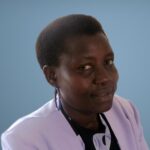
Peace Musiimenta

Amon Mwiine
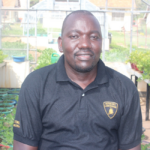
Kalule David Okello

Margaret Smith

Hale Ann Tufan


